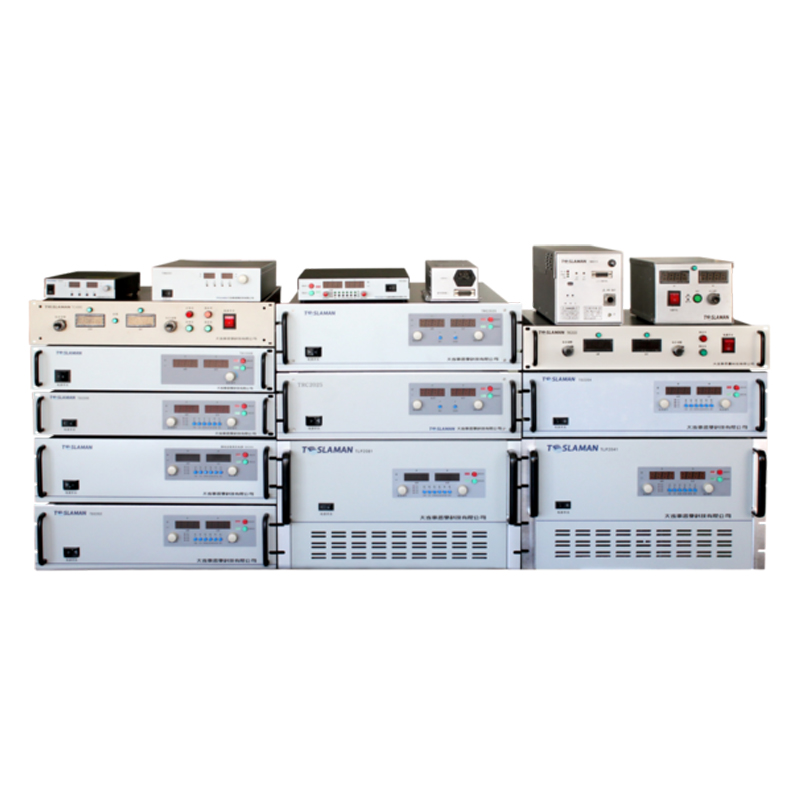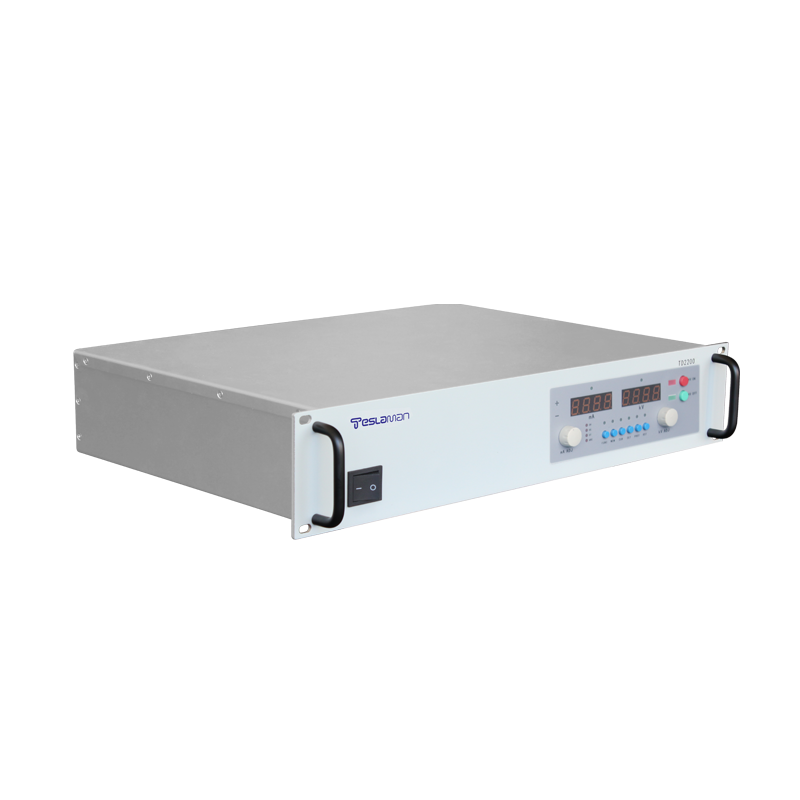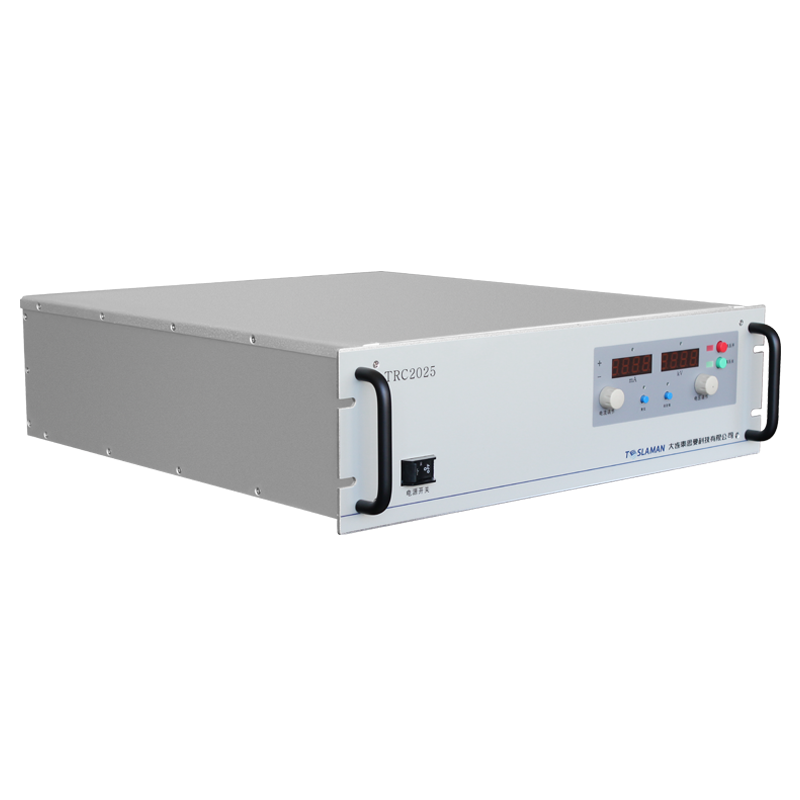Application and Effectiveness Evaluation of High-Voltage AC Power Systems in Motor Testing
I. Introduction
With the rapid development of modern industry, motors, as the core power equipment in industrial production, have a direct impact on the stability and efficiency of the entire production process. Therefore, accurate and efficient motor testing is of great significance. High-voltage AC power systems, as an advanced testing method, have been widely applied in the field of motor testing. This article will discuss in detail the application of high-voltage AC power systems in motor testing and the evaluation of their effectiveness from a professional perspective.
II. Overview of High-Voltage AC Power Systems
High-voltage AC power systems are power equipment capable of outputting high voltage and large current, featuring stable output, flexible adjustment, and safety and reliability. They can provide AC power of different voltage levels and waveforms according to testing needs, meeting the requirements of various motor tests.
III. Application of High-Voltage AC Power Systems in Motor Testing
1. Motor Insulation Performance Testing
High-voltage AC power systems can be used to test the insulation performance of motors. By applying an AC voltage of a certain level, the insulation resistance between the motor windings and the casing is measured to determine whether the motor's insulation performance is good. This is of great significance for preventing electrical faults during motor operation.
2. Motor Dielectric Strength Test
The dielectric strength test is an important part of motor testing. High-voltage AC power systems can output high voltages to simulate overvoltage conditions that motors may encounter during actual operation, testing the motor's withstand capability. Through dielectric strength tests, potential insulation defects in motors can be promptly discovered, improving the operational reliability of the motors.
3. Motor Load Characteristics Testing
Using high-voltage AC power systems, motor load characteristics under different working conditions can be simulated and tested. This helps to understand the performance of motors under different working conditions and provides data support for motor design and optimization.
4. Motor Temperature Rise Test
Motors generate heat during operation, leading to temperature rise. Excessive temperatures can affect the performance and lifespan of motors. High-voltage AC power systems can be combined with temperature measurement devices to perform temperature rise tests on motors, evaluating the thermal stability and heat dissipation performance of the motors.
IV. Effectiveness Evaluation of High-Voltage AC Power Systems in Motor Testing
1. High Testing Accuracy
High-voltage AC power systems have stable output and flexible adjustment features, ensuring the accuracy and reliability of test results. At the same time, their high-precision measurement and control functions also provide strong technical support for motor testing.
2. High Testing Efficiency
Compared with traditional manual testing methods, high-voltage AC power systems have achieved automated testing, greatly improving testing efficiency. In addition, their powerful data processing and analysis functions make test results more intuitive and easy to understand.
3. Strong Safety
High-voltage AC power systems fully consider safety factors in design and adopt multiple protective measures to ensure the safety and reliability of the testing process. At the same time, their user-friendly interface and warning functions also reduce operational risks.
V. Conclusion
In summary, high-voltage AC power systems have a wide range of applications and significant advantages in motor testing. Their high precision, high efficiency, and strong safety features make them play an increasingly important role in the field of motor testing. With the continuous progress and development of technology, it is believed that high-voltage AC power systems will achieve even more remarkable results in the field of motor testing.




















